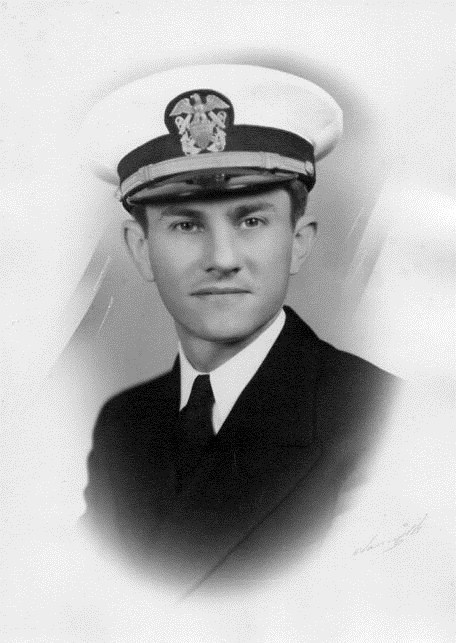
OBITUARY
Robert Travis Osborne
October 20, 1913 – May 28, 2013

Travis was born in Cocoa, Florida on October 20, 1913. He passed quietly in his sleep in his Athens home on May 28, 2013, and his funeral was held at Evergreen Memorial Park on May 31. He was preceded in death by his wife of 72 years, Mary Webb Osborne. They had no children.
After earning the A.B. degree at the University of Florida (1936), Travis earned M.S. (1938) and M.Ed. (1940) degrees at the University of Georgia (UGA). At the beginning of WWII Travis joined the U.S. Navy as an Ensign. He became qualified to teach aerial navigation, a duty he performed for most of WWII. He served initially at the preflight school on the UGA campus and later at the Naval Air Stations in Memphis, Chicago, and Jacksonville. When the war’s end was apparent, the Navy developed Separation Centers to facilitate the transition of service personnel back to civilian life. Following V-E Day Travis was assigned to be a Separation Center counselor. Separation Centers were the forerunners of Veterans Educational and Vocational Guidance Centers on college campuses. Before his release from the Navy, Travis influenced one of his UGA professors to have such a center established at UGA. By 1947 Travis was appointed Director of UGA’s Guidance Center which by then was open to all students. He completed the requirements for the PhD in Educational Psychology.at UGA in 1950. Throughout the rest of his career at UGA, Travis was Director of the Guidance Center later renamed the Counseling and Testing Center. He also remained in the U.S. Navy Reserves and retired with the rank of Commander
Travis was also a Professor in the Department of Psychology. He was asked by the department head to develop courses in IQ testing (e.g., Wechsler Scales and Stanford-Binet) and clinical diagnosis (e.g., Rorschach, MMPI, Thematic Apperception Test). These became foundational courses for the newly emerging Clinical Psychology Program. Travis supervised 18 M.S. degree students and 10 PhD degree students.
Travis’s research eventually focused on human behavioral genetics. He used blood analyses to determine zygosity, and he used psychometric tests, visual evoked electrocortical responses and electro-encephalograms to assess heritability. He published 53 research articles and one research-based book, and he co-edited two additional books. In 1973 he was invited by the National Academy of Sciences to speak on “Fertility, IQ, and School Achievement.”
Those who may wish to make a donation in Travis’s memory are invited to donate to the UGA Psychology Development Fund which you may do on-line [psychology.uga.edu; click “Donate Now” button at top right of home page] or by contacting the Department Head or the Development Officer in the Franklin College of Arts and Sciences.
Bernstein Funeral Home and Cremation was in charge of arrangements.
Show your support
Add a Memory
Share Obituary
Get Updates
Priviate Services were held Friday
SHARE OBITUARY
- RECEIVE UPDATES
v.1.8.18